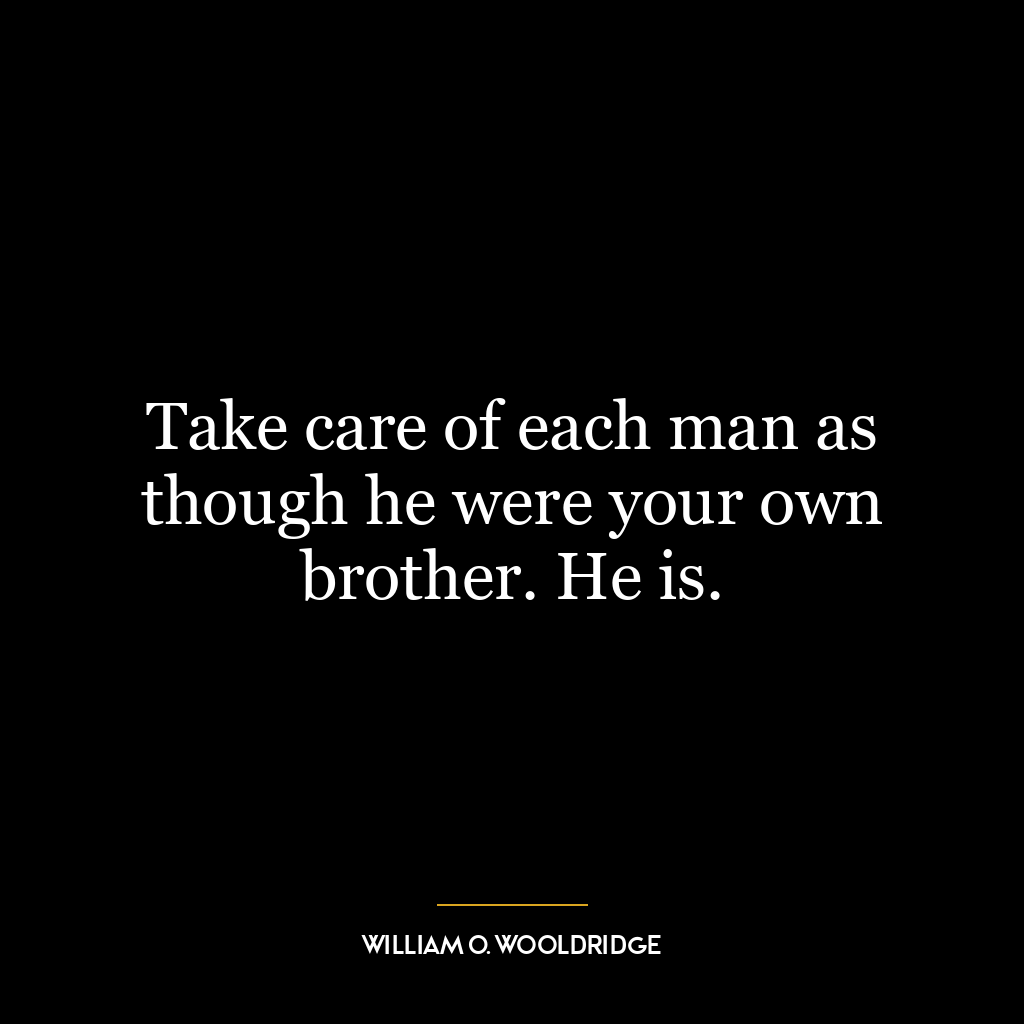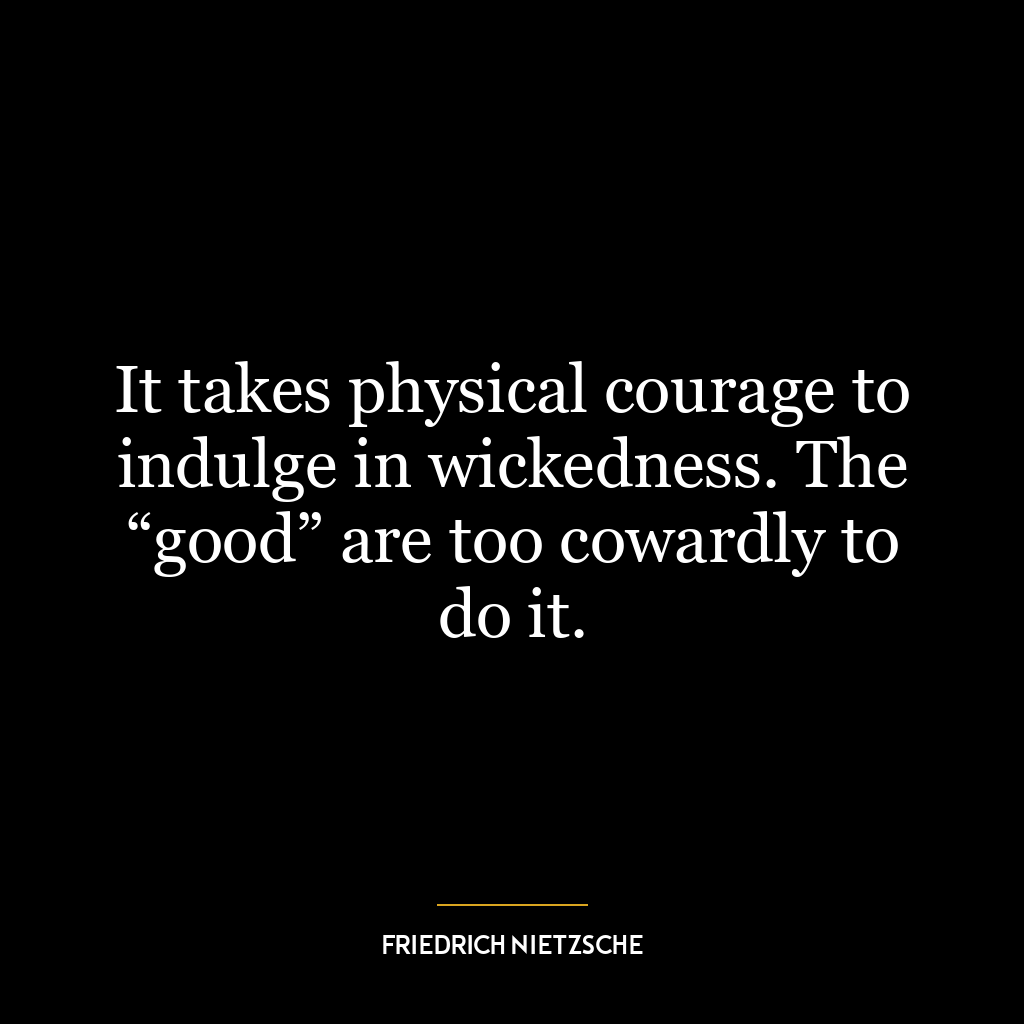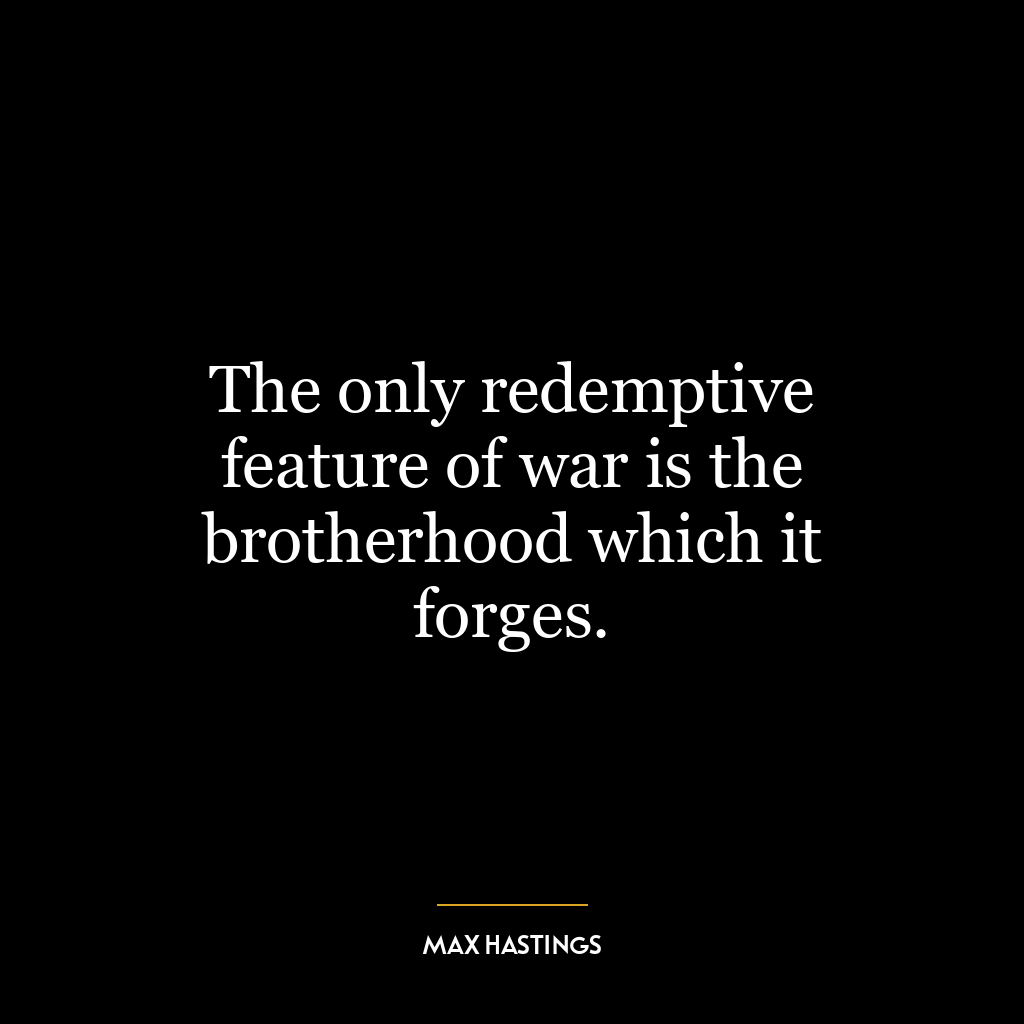One may detest the wickedness of a brother without hating him.
The quote “One may detest the wickedness of a brother without hating him” is a profound statement about the nature of judgment, love, and understanding. It suggests that it is possible, and indeed necessary, to separate a person’s actions from their inherent worth as a human being. In other words, we can despise someone’s behavior or choices without despising the person themselves.
This idea is rooted in the understanding that people are more than their actions, more than their mistakes. Everyone has the capacity for change and growth. By hating the wickedness, we condemn the harmful actions, not the person. This leaves room for forgiveness, for the possibility of transformation, and for the maintenance of love and connection even in the face of wrongdoing.
Applying this concept in today’s world, we can see its relevance in various contexts. In the realm of social justice, for instance, it can be a call to focus on systemic issues that lead to harmful behaviors rather than demonizing individuals. In personal development, it can be a guide to self-improvement. By recognizing and despising our own negative behaviors, we can strive to change them without falling into self-loathing.
In interpersonal relationships, this idea can help maintain connections even when we are hurt or disappointed by others’ actions. Instead of severing the relationship, we can express our detest for the action, opening space for dialogue, understanding, and possibly, change.
In essence, this quote encourages us to see the humanity in everyone, to separate the ‘sin’ from the ‘sinner’, and to maintain love and understanding even in the face of wickedness. It is a call for compassion, tolerance, and the belief in the potential for change.








